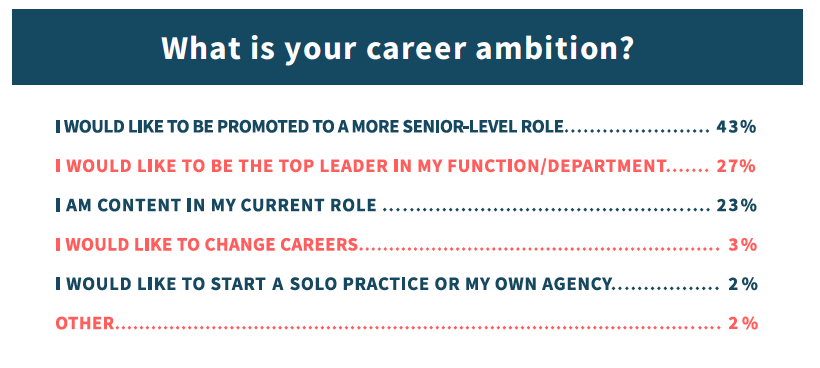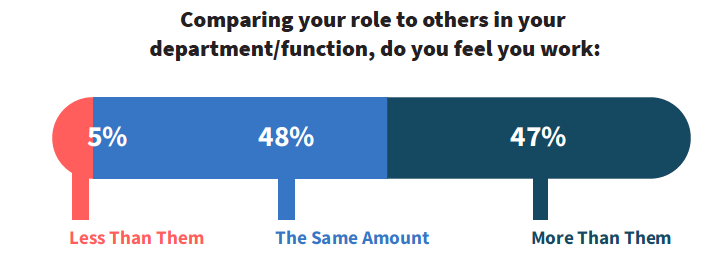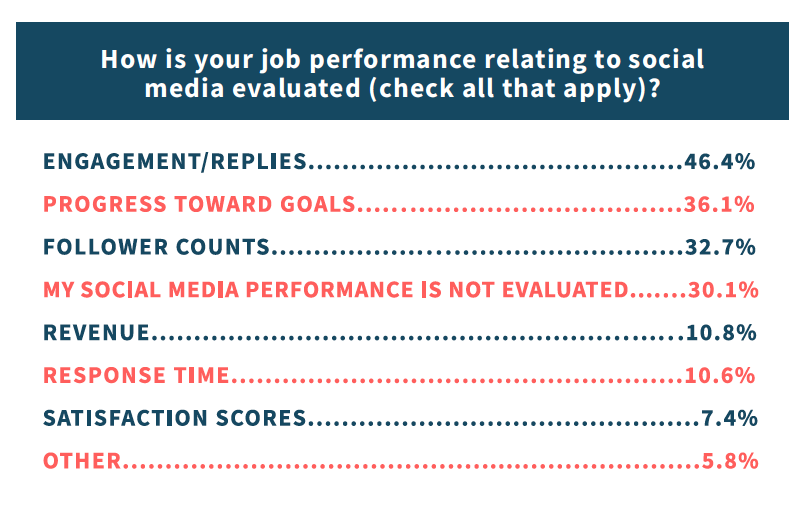Download the Full Report: Challenges of a Social Media Professional Report
Download Press Release: New Study Finds Many Social Media Managers Work More Than Their Colleagues and Plan to Leave Their Positions in Less Than Two Years
Download Social Graphics: DMRC Report – Social Media Graphic
THIS IS AN IPR DIGITAL MEDIA RESEARCH CENTER SIGNATURE STUDY.
THANK YOU TO OUR PARTNERS:

Introduction
More than 7 in 10 Americans use social media to connect, engage, and be entertained according to Pew Research. With the widespread use of social media, nearly every organization has a social media account, as resources are increasingly shifting to these digital channels and networks. In USC’s 2019 Global Communications Report, 38% of U.S. CEOs said social media and online influencers will be the most valuable component of their company’s communications strategy in the future, more so than owned, earned, and paid media. Social media managers are responsible for giving brands their voice. However, little research has been conducted on the individuals who fill this critical organizational role that has grown exponentially over the past 10 years.
The Institute for Public Relations Digital Media Research Center, Ragan Communications, and the University of Florida PR Department collaborated on this research project to study the careers and roles of social media managers. We surveyed more than 400 social media managers to determine their job roles and responsibilities, reporting and management structure, history and levels of experience, performance review systems, and career ambitions.
1) Social media managers are ambitious. Seventy percent of social media managers want to be promoted in their positions, but only 40% saw that possibility in their current roles.

2) Social media managers typically work more than the standard 40-hour work week. Most social media managers worked slightly more than the standard 40-hour work week, averaging 41-59 hours per week. In terms of comparing what they do to others in their function, 48% said they worked the same number of hours as their colleagues while 47% said they worked more. Research has found burnout is definitely a concern for the “always on” social media manager.

3) Facebook and Twitter were the most frequently managed company channels. The top five social media channels managed included Facebook (81%), Twitter (77%), LinkedIn (67%), Instagram (66%), and YouTube (51%).
4) Social media is often housed in communication/public relations and marketing departments. Half of the respondents (51%) said social media was in the communication/public relations function while slightly more than one-third (38%) said it resided in marketing. Only 4% said it was a stand-alone function.
5) The primary role of social media managers is to create content and strategize. Two-thirds of respondents said their primary role as a social media manager was to create content (41%) and to strategize (27%). Twenty percent said their primary role was to improve brand awareness and reputation.
6) Social media managers frequently participate in internal strategy conversations. At least two thirds of social media managers are involved in social media strategy (76%) and department/function strategy (68%). Forty-one percent participate in the overall business and organizational strategy.

7) Many social media managers rate their value to the organization highly. Fifty-nine percent said their value to the organization in terms of social media responsibilities is above average or excellent.
8) Engagement and replies are the top metric for evaluating the performance of social media managers. Forty-six percent of social media managers are evaluated on their engagement and replies to stakeholders. Other evaluation metrics include progress toward goals (36%) and follower counts (33%). Thirty percent said their social media performance was not evaluated at all.

9) Many social media managers report to a senior manager or a director. Forty percent report to a senior manager or a director while nearly one-quarter (23%) report to the C-suite.
10) Many social media managers will be leaving their current role within two years. More than half (57%) of the social media managers did not anticipate being in their current role for more than two more years. Social media managers were split as to whether their next position would be a social media role or not.
Methodology
The Institute for Public Relations, Ragan Communications, and the University of Florida conducted a benchmark survey about the career path of social media professionals, including the challenges and opportunities that lie ahead. Respondents were given an opportunity to enter a drawing for three $50 gift cards and to receive a copy of the report at the end of the survey.
The survey was pre-tested with a small group of social media managers. A total of 451 respondents participated in the survey. Twenty-two people indicated that they are not involved with their organization’s social media, so they were removed from the study. Fifty people did not complete the study after the first question. Therefore, the study included 379 respondents with a margin of error of +/-5%. The results of the study were presented to nearly 100 social media professionals prior to publication to socialize each of the findings. Responses indicated study findings were reflective of the field. Some of the insights gathered from the social media professionals will also be used to develop future studies.
Media Contact:
Nikki Kesaris
Communications & Marketing Manager
Institute for Public Relations
Nikki@instituteforpr.org
About the Institute for Public Relations
Founded in 1956, the Institute for Public Relations is an independent, nonprofit foundation dedicated to the science beneath the art of public relations™. IPR creates, curates, and promotes research and initiatives that empower professionals with actionable insights and intelligence they can put to immediate use. IPR predicts and analyzes global factors transforming the profession, and amplifies and engages the profession globally through thought leadership and programming. All research is available free at www.instituteforpr.org and provides the basis for IPR’s professional conferences and events.
All materials copyrighted by the Institute for Public Relations.



